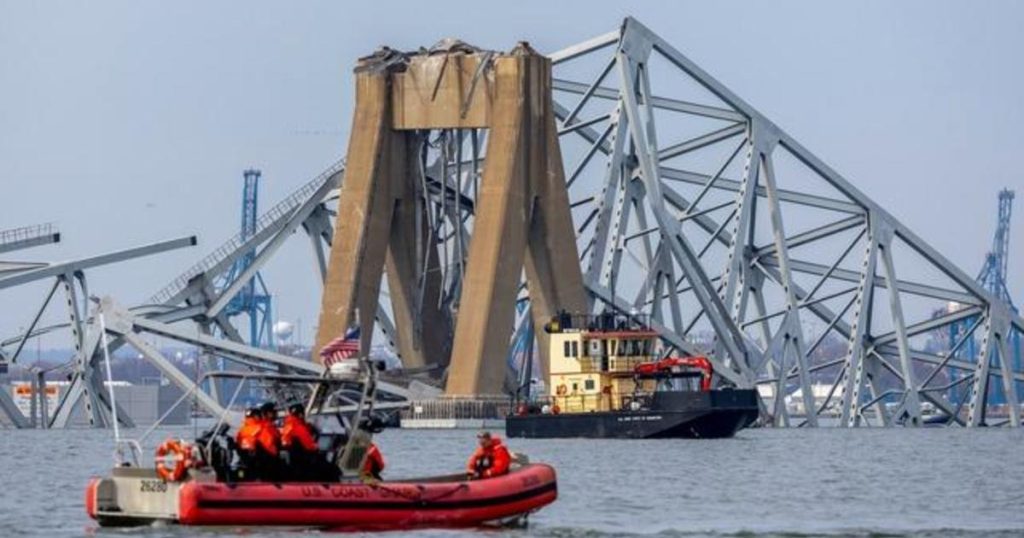The collapse of the Francis Scott Key Bridge in Baltimore has had a significant impact on cruise travel in the area, leading Carnival Cruise Line to temporarily move its operations to Norfolk, Virginia. The closure of the Baltimore Harbor to marine traffic could result in a monetary loss of up to $10 million for the company. Carnival Legend, the company’s ship scheduled to return to Baltimore, will instead be returning to Norfolk, with a complimentary bus service provided for guests to return to Baltimore, which could take up to five hours.
Carnival Cruise Line’s president, Christine Duffy, expressed support for the impacted families and first responders in Baltimore and thanked President Biden for pledging to reopen Baltimore Harbor as quickly as possible. The company expects an impact of less than $10 million on its earnings and net income for the full year 2024 due to the bridge collapse. The Cruise Lines International Association stated that 12 cruise ships made 115 trips through Baltimore in 2024, with about 444,000 passengers moving through the port in 2023. It remains unclear how other cruise companies like Royal Caribbean and American Cruise Lines have been impacted.
The collapse of the Francis Scott Key Bridge occurred when a cargo ship, the Dali, lost power and crashed into one of the bridge’s columns. Eight construction workers were on the bridge at the time, with two being recovered alive and the other six presumed dead. Maryland Governor Wes Moore declared a state of emergency, and President Biden announced that the federal government would cover the cost of reconstructing the bridge. Baltimore, as the ninth-busiest port in the nation, handled a record 11.7 million tons of cargo last year and is crucial for shipping and cruise industries.
The impact of the bridge collapse extends beyond cruise ships, affecting various sectors that rely on the Port of Baltimore for shipping goods like cars, coal, wood, steel, aluminum, appliances, furniture, sugar, and natural gas. Governor Moore highlighted the significance of the port for the transportation of cars and farm equipment, stating that the impact will be felt beyond Maryland. Shipping companies and automakers are expected to divert ships to other East Coast cities, and the rebuilding of the bridge is expected to be a complex and expensive process. Ships heading to Baltimore were stalled after the incident, leading to delays and diversions in maritime traffic.
Transportation Secretary Pete Buttigieg emphasized that rebuilding the bridge will pose challenges and require assessment of the structure’s condition to ensure safety. Experts anticipate that replacing the bridge may not take as long as initially thought, but it will be a complex task due to the original structure’s complexity and the need to assess the foundational infrastructure. The impact of the bridge collapse on various industries and sectors in and beyond Baltimore underscores the significant disruption caused by the incident and the need for swift and effective response to restore maritime operations in the area.


